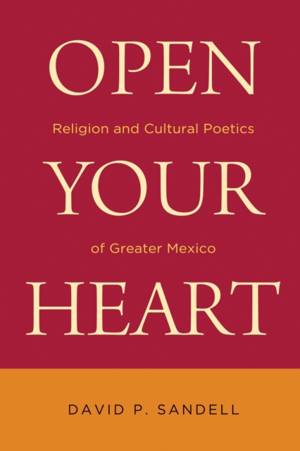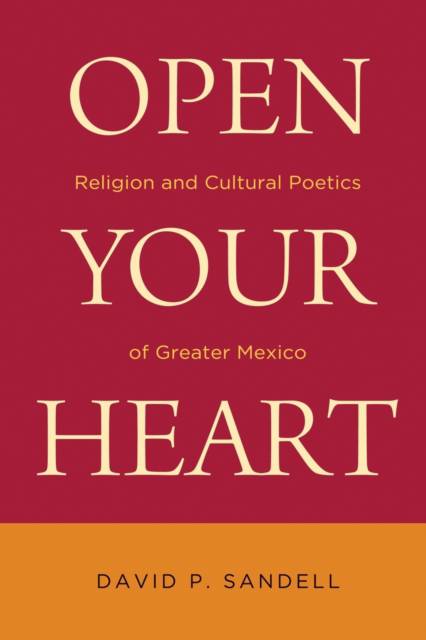
- Afhalen na 1 uur in een winkel met voorraad
- Gratis thuislevering in België vanaf € 30
- Ruim aanbod met 7 miljoen producten
- Afhalen na 1 uur in een winkel met voorraad
- Gratis thuislevering in België vanaf € 30
- Ruim aanbod met 7 miljoen producten
Omschrijving
In this ethnography of Catholic religious practice in Fresno, California, David P. Sandell unveils ritualized storytelling that Mexican and Mexican American people of faith use to cope with racism and poverty associated with colonial, capitalist, and modern social conditions. Based on in-depth interviews and extensive field research conducted in 2000 and 2001, Sandell's work shows how people use story and religious ritual (including the Matachines dance, the Mass, the rosary, pilgrimage, and processions) to create a space in their lives free from oppression. These people give meaning to the expression "open your heart," the book argues, through ritual and stories, enabling them to engage the mind and body in a movement toward, as one participant said, "the sacred center" of their lives.
Sandell argues that the storytelling represents a tradition of poetics that provides an alternative, emancipatory epistemology. Américo Paredes, for example, defined this tradition in his scholarship of border balladry. According to Paredes, storytelling with ritual elements raises a feature of performance characterized as a convivial disposition and shared sense of identity among people who call themselves Mexican not for national identification but for a cultural one, understood as "Greater Mexico." Sandell contributes to this tradition and achieves an understanding of Greater Mexico characterized by people whose stories and rituals help them find common ground, unity, and wholeness through an open heart.
Specificaties
Betrokkenen
- Auteur(s):
- Uitgeverij:
Inhoud
- Aantal bladzijden:
- 240
- Taal:
- Engels
- Reeks:
Eigenschappen
- Productcode (EAN):
- 9780268041465
- Verschijningsdatum:
- 15/04/2015
- Uitvoering:
- Paperback
- Formaat:
- Trade paperback (VS)
- Afmetingen:
- 150 mm x 226 mm
- Gewicht:
- 317 g

Alleen bij Standaard Boekhandel
Beoordelingen
We publiceren alleen reviews die voldoen aan de voorwaarden voor reviews. Bekijk onze voorwaarden voor reviews.











